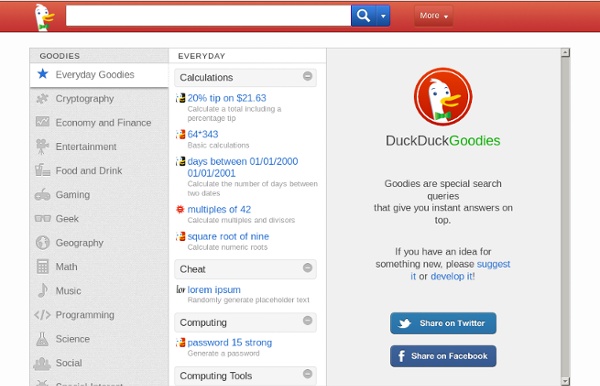



Archives de l'Internet Les « archives de l’internet », photographies de l’internet français constituées par la BnF, peuvent être consultées en Bibliothèque de recherche. Un cadre juridique établi en 2006 La Bibliothèque a pour mission de collecter, conserver et communiquer les sites de l'internet du « domaine français » au titre du dépôt légal (Code du patrimoine, articles L131-1 à L133-1 et R131-1 à R133-1). À ce titre, elle moissonne en priorité : les sites en .fr ou autres extensions liées au territoire (.re., .nc., etc.) ; des sites hors .fr (.com, .org, etc.) mais dont les auteurs sont domiciliés en France ou les contenus sont produits en France. Les collectes sont réalisées à l'aide de robots qui copient pages, images, animations, fichiers audio et vidéo. Des échantillons représentatifs Tous les sites et toutes les pages des sites ne peuvent être archivés. les collectes larges permettent de constituer des échantillons représentatifs du Web (4,5 millions de sites en 2016). Modes de consultation
DuckDuckGo Un article de Wikipédia, l'encyclopédie libre. DuckDuckGo est un méta-moteur de recherche dont la société éditrice est située à Valley Forge en Pennsylvanie. Il se distingue en utilisant les informations de crowdsourcing provenant d'autres sites (comme Wikipédia) dans le but d'enrichir les résultats traditionnels et d'améliorer la pertinence. La philosophie de ce moteur de recherche est de préserver la vie privée et de ne stocker aucune information personnelle concernant les utilisateurs[2],[3] (adresses IP et traces numériques comme la signature du navigateur). Il consacre une partie de ses revenus à financer des projets libres[7],[8]. Historique[modifier | modifier le code] DuckDuckGo a été fondé par le « serial entrepreneur » Gabriel Weinberg, dont la dernière entreprise, The Names Database, a été acquise en 2006 par United Online[9] pour 10 millions de dollars[10]. En septembre 2010, DuckDuckGo a embauché son premier employé, Tighe Caine[16]. Vie privée[modifier | modifier le code] !
Big Internet Guide Je bosse dans le web / 15 moteurs de recherches alternatifs à Google - Je bosse dans le web Il faut bien le reconnaitre, sans Google dans notre vie de tous les jours, nous serions un peu perdu : Google a réponse à tout, nous aide à trouver notre chemin, ramasse notre courrier, nous livre les actus fraiches dès le levé … Pour d’autres, la sensation d’intrusion dans la vie privée, d’espionnage et d’utilisation des données personnelles en ont fait le moteur de recherche à éviter à tout prix. Voyons quelles alternatives s’offrent à vous si vous souhaitez quitter Google. 1. Bing : le plus grand concurrent Construit sur les ruines de l’ancien MSN Search, Bing est le moteur de recherche de Microsoft (plus rapide avec Internet Explorer). 2. Proche d’une configuration portail avec éditorialisation et services, Yahoo est idéal pour les recherches classiques : images, actualités, cartes. 3. DuckDuckGo est un peu lent mais possède une interface claire et des résultats pertinents. 4. C’est le moteur de recherche de plus confidentiel. 5. 6. 7. 8. 9. 10. 11. 12. 13. 14. 15.
Wayback Last updated Jan. 27, 2008. The Web changes constantly, and sometimes that page that had just the information you needed yesterday (or last month or two years ago) is not available today. At other times you may want to see how a page's content or design has changed. There are several sources for finding Web pages as they used to exist. While Google's cache is probably the best known, the others are important alternatives that may have pages not available at Google or the Wayback Machine plus they may have an archived page from a different date. Note that none of these include all Web pages. For more details on searching the Wayback Machine, see my article "The Wayback Machine: The Web's Archive."
World Digital Library Home